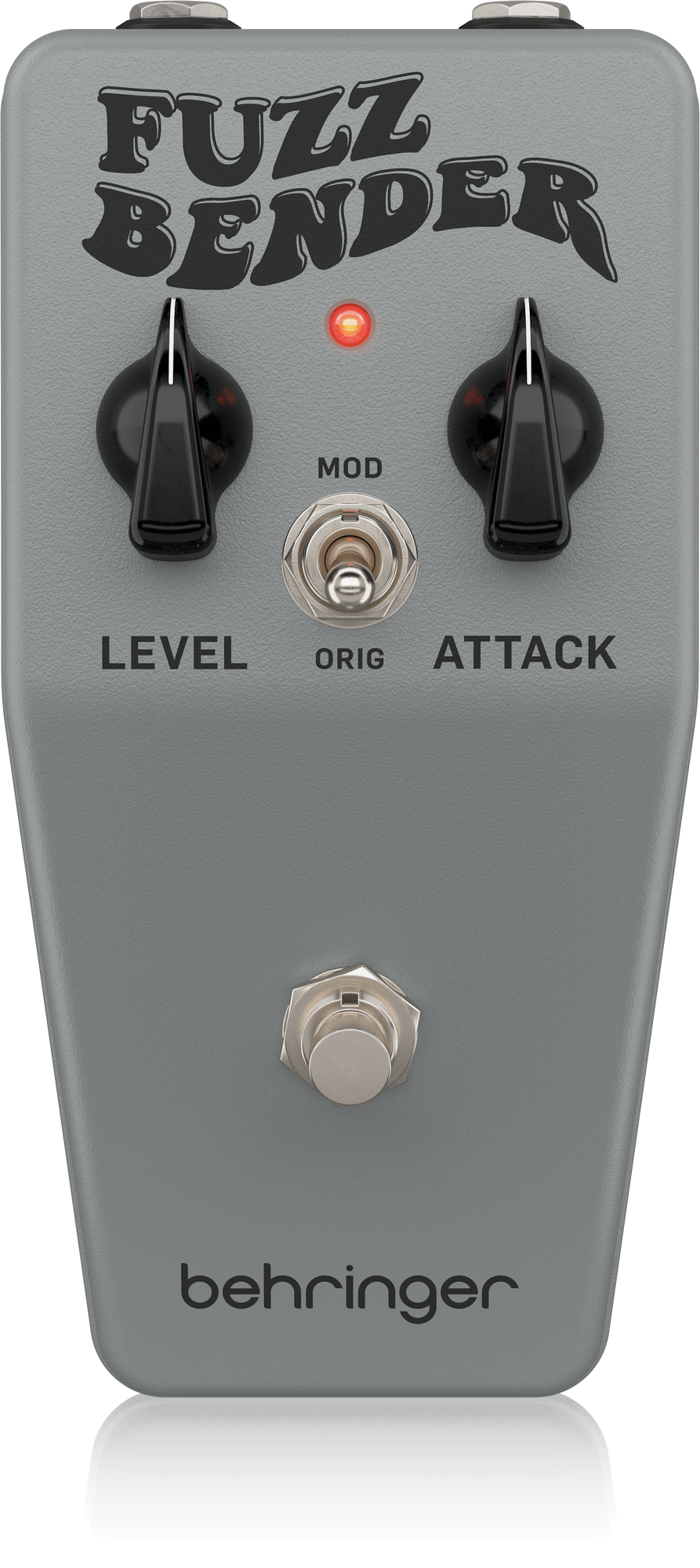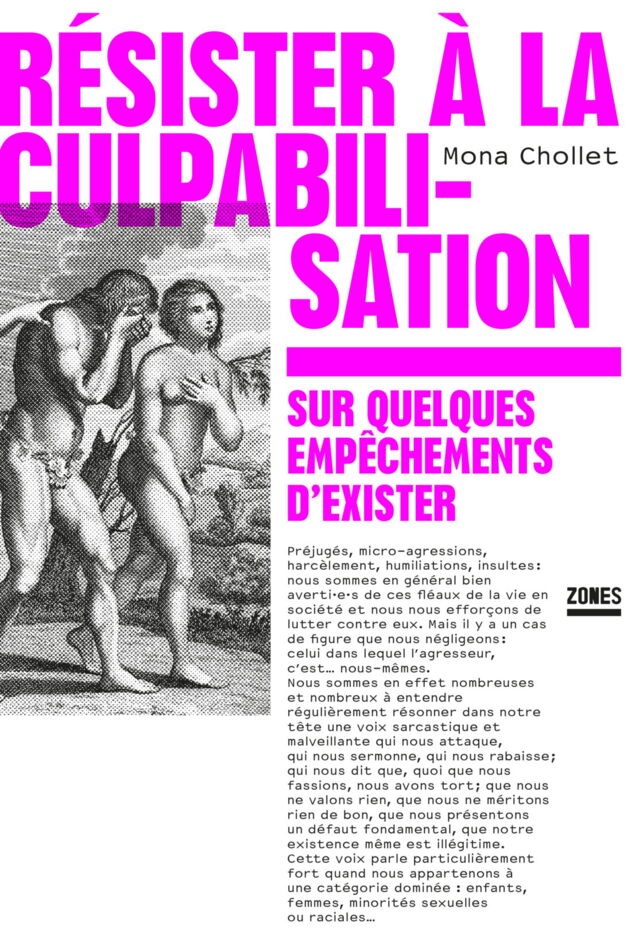SupaDog a écrit :
ce que je pige pas c'est pourquoi ils ont mis aussi longtemps à cloner l'un des circuits les plus simple du monde si longtemps après les bootikeurs et en ayant déja cloner des Synthé/Bar et autre matos beaucoup plus compliqué
Leur service commercial a vraiment du voir la grosse opportunité de niche????
Parce que bon ce doit etre les boitiers qui leur ont couté le + cher la-dedans!!
C'est vrai je me suis posé la même question.
Il y a bien des clones mais qui restent chers, souvent 150+, jusqu'à ....
et le nom est déposé, c'est Fuzz Bender, Soul Bender, Mini Bender, Face Bender etc... mais celles qui portent le nom
Tone Bender sont a 250 +
Certes la pédale n'a rien de compliqué, juste 3 transistors germanium je crois.
J'ai peut être un élément de réponse, la rareté des composants et le fait de devoir sélectionner, tester et régler un bias individuellement pour les transistors a la main, tâche qui ne peut pas être automatisée si j'ai bien compris...
https://www.premierguitar.com/(...)-fuzz
Citation:
Price-wise, Tone Benders can be more expensive than other pedals. Due to the scarcity of the original parts, especially germanium transistors, obtaining a Tone Bender clone that is 100-percent true to vintage specs can be quite hard on the wallet. This is because not only are the original transistors hard to obtain, but they are also from an era when components were manufactured with a much wider range of tolerance in the labeled electrical values. (In other words, while a part might be labeled at a certain spec, its actual value when measured with a meter may be off the labeled spec enough to significantly alter how it will sound in a fuzz circuit.) This component inconsistency means discerning builders must spend extra time and effort sifting through and testing the transistors’ actual values. Thus, you are paying for a builder’s ears, skill, and time, as well as the components in the box. For the Tone Bender, transistor selection and biasing is key. Each transistor needs to be individually tested to check for noise levels, and to determine what the gain and leakage of the transistor is. To work with the Tone Bender circuit, gain and leakage of each transistor needs to be within a certain range.
If you cannot find—or afford—a painstaking Tone Bender replica with the extremely rare original OC75 or OC81D transistors, don’t fret. Any quality germanium transistors with the right specs and that have been well selected, tested, and biased can make a fantastic-sounding Tone Bender-style fuzz. Ultimately, selection and biasing of the transistor is much more key than the part number or brand printed on the side of the component.
Être plutôt que paraître, brouter plutôt que paître...





